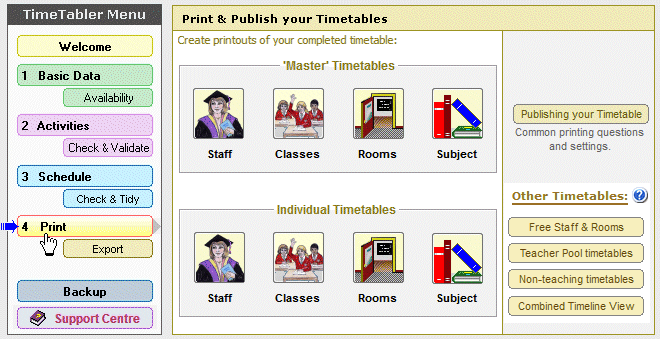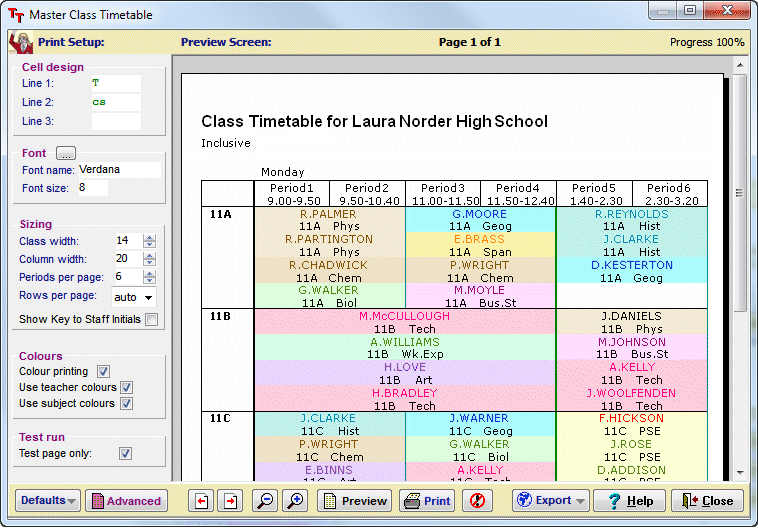Research on the Effects of Timetabling
Research by Professor Russell Foster of Oxford University has confirmed the importance of circadian rhythms on students’ learning, particularly students in Key Stages 4 and 5.
This research has been applied at Monkseaton High School on Tyneside, and New Scientist magazine reported “Absenteeism is down, punctuality is up, and exam results have gone through the roof”.
See:
— New Scientist, 8 October 2011, pages 42-44,
— BBC : https://news.bbc.co.uk/1/hi/england/tyne/7932108.stm including an audio download of an interview with Prof Foster.
— TES : https://www.tes.com/news/teenagers-sleep-late-neuroscience
— EEF/Wellcome Trust research : https://wellcome.ac.uk/press-release/new-research-investigate-if-neuroscience-can-improve-teaching-and-learning-schools
— Independent : https://www.independent.co.uk/news/health/school-start-tim-10am-student-illness-health-academic-performance-study-a8072231.html
— Frontiers in Neuroscience : https://www.frontiersin.org/articles/10.3389/fnhum.2017.00588/full
Maybe you should be discussing this topic with your Senior Management Team?
There are 3 main parts that affect your timetabling:
| Starting the School Day later (eg. 10am) for Key Stages 4 and 5 appears to have distinct benefits. See: https://www.ndcn.ox.ac.uk/research/sleep-circadian-neuroscience-institute/research-projects-4/teensleep and https://www.tandfonline.com/doi/full/10.1080/17439884.2014.942666 and particularly: https://www.ncbi.nlm.nih.gov/pmc/articles/PMC7177233/If you want to set up different Day Structures for KS 4/5 from the rest of the school, then in TimeTabler you just use the Shape Screen [see HelpMovie 11] or the Class Availability Screen [see HelpMovie 20]. eg. block off the first period, with an extra period at the end of the day, see section 7.8 in ‘The Timetabler’s CookBook‘. You may want to do ‘What if…?’ investigations — see the PDF in the KnowledgeBase. You will need to think through all the ramifications of such a change, see for example pages 34-36 in ‘The Timetabler’s CookBook‘. |
|
| On your timetable for KS4/5, lessons that you schedule between 9am-11am are less effective and may even be damaging the students’ mental health! The research has exploded the myth [for KS4/5] that ‘academic lessons are better in the morning’. It appears that KS4/5 students learn better late morning or early afternoon (though we don’t know which subjects are most affected). You may wish to take this into account when scheduling upper school lessons. |
|
| Spaced Learning Dr Paul Kelley, ex-Head of Monkseaton High School and author of ‘Making Minds’, has also investigated short lessons with contrasting intermissions, see https://en.wikipedia.org/wiki/Spaced_learning Keith Johnson has advocated this method for many years for Revision, see GCSE Physics for You pp 384-5; Advanced Physics for You p 463; and the PowerPoint at : https://www.timetabler.com/physics4u/powerpoints/Revision%20Technique.ppt A topic for a staff meeting? …using this free PowerPoint. Some schools have tended towards timetables with fewer, longer periods [perhaps for staff convenience or corridor traffic] but this is very probably a mistake in terms of the effectiveness of learning, particularly for some subjects, unless the teacher (every teacher) can be certain of building-in effective intermissions. More, shorter, lessons are better for learning. |
|
| If you have any further information or experience of any of these aspects we’d be very pleased to hear from you, so that we can add further information in our next free monthly NewsLetter. | |
This complements the information given in sections 2.21-2.22 of ‘The Timetabler’s CookBook‘.
Keith Johnson



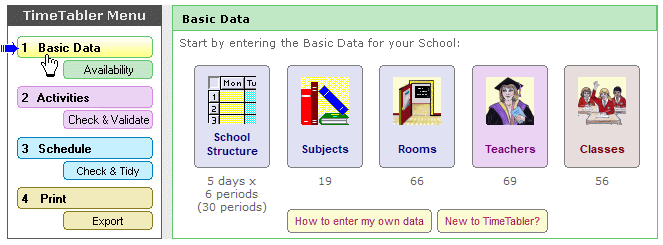
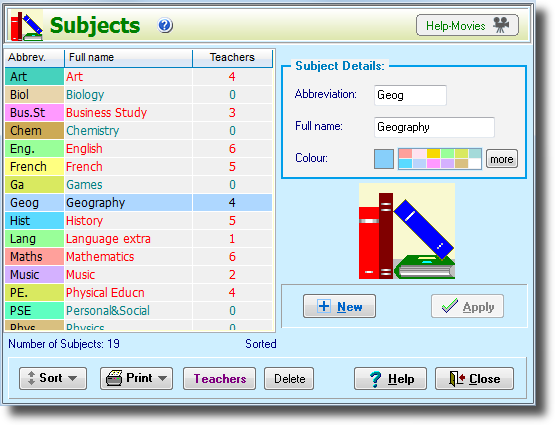
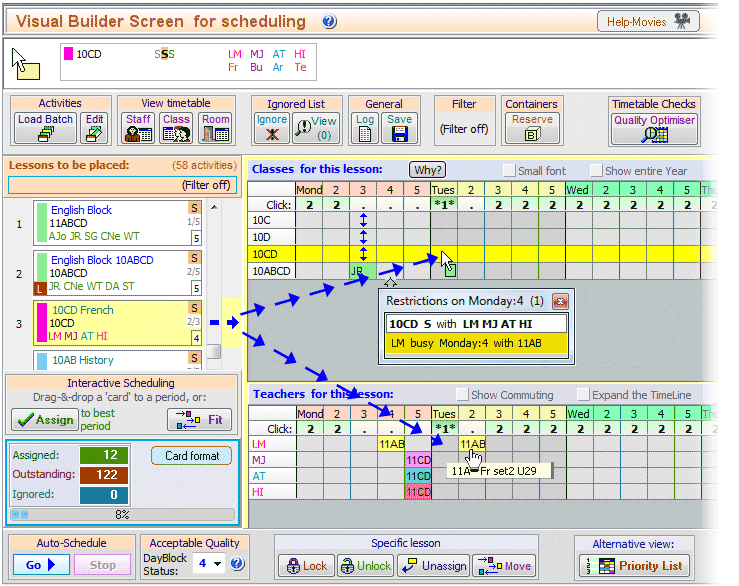

 button.
button.